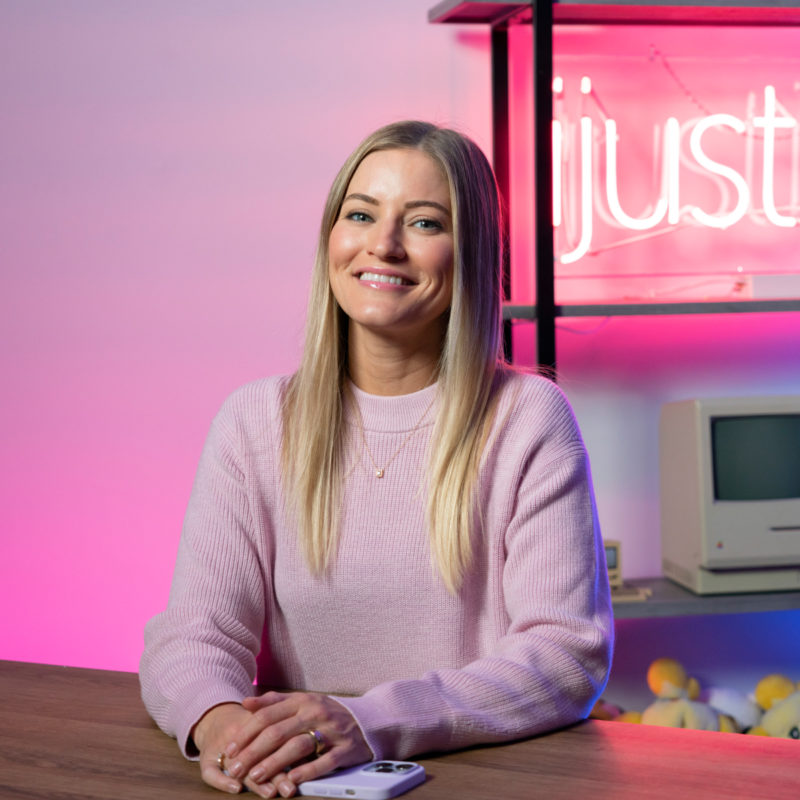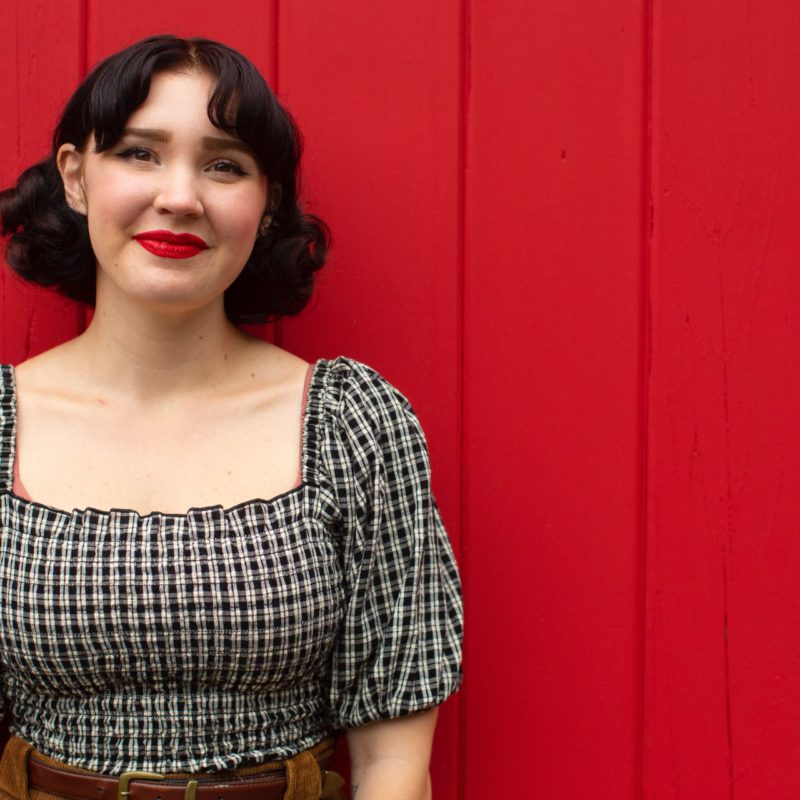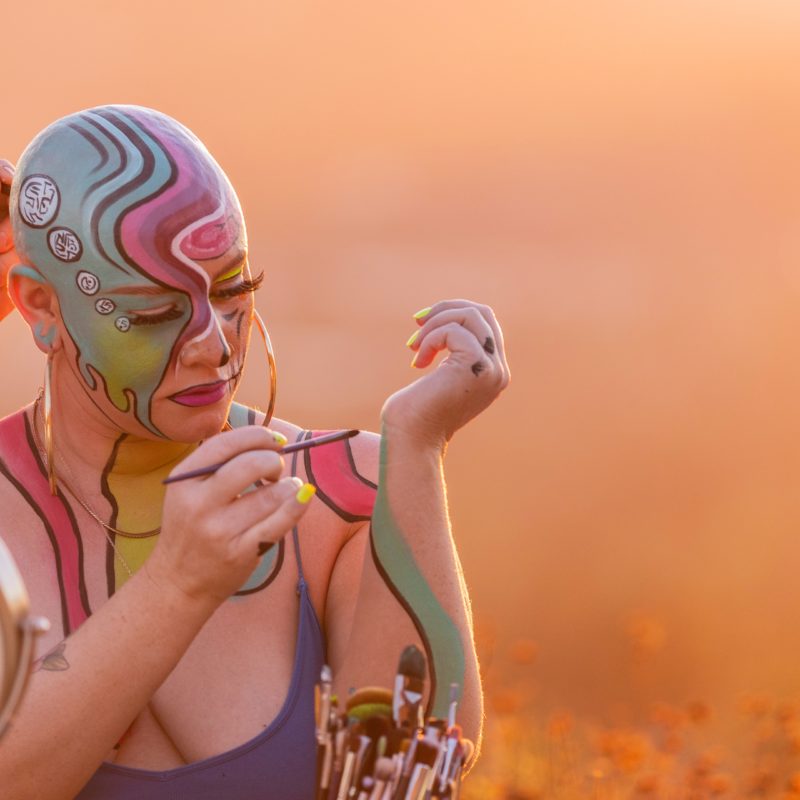iJustine, self-described ‘oversharer,’ has some privacy advice for you
The internet remembers. Just ask iJustine.
Justine Ezarik launched her YouTube channel in 2006, making silly skits so she could tinker with video editing and visual effects. Her first viral moment came after recording herself flipping through a 300-page iPhone bill she received in the mail. (AT&T, dealing with the first generation of the iPhone, itemized each text message she sent.)
Justine went on to make music video parodies and amateur cooking videos. For six months, she “lifecasted” her entire days on a streaming website.
Nearly two decades later, not much has been forgotten: Her earliest clips are now finding new life as TikTok memes. Fans still comment on her very first video.
“When you’re younger, your perspective is so different,” Justine said. “Now I’m looking back, I’m like, ‘I can’t believe I posted those things!’ But I leave most of them up. It feels like a time capsule of where my channel started and where it is now.”
Justine now focuses on tech reviews after years of “oversharing to the max.” It became clear that she needed to keep some things to herself.
Of course, not everyone’s a content creator. But many of us are spending a good chunk of our lives online and creating content. Here’s what we can all learn about privacy from Justine:
Bad things happen
In 2014, Justine received a late-night call from her security company telling her that there’s a SWAT team outside her door. “There were so many people, so many lights, so many cop cars,” she recalled.” There were snipers on the roof of my neighbor’s house.”
It turned out to be a “swatting” incident, in which someone reports a fake crime to prompt a SWAT team response to a specific location. “I started taking my security way more seriously,” Justine said. “I stopped sharing as much.”
It’s an extreme example, but here’s the takeaway: Life happens. We can’t avoid every bad actor on the internet, but we can’t assume that hacks or identity theft only happen to other people. Try your best to level up your online privacy game now.
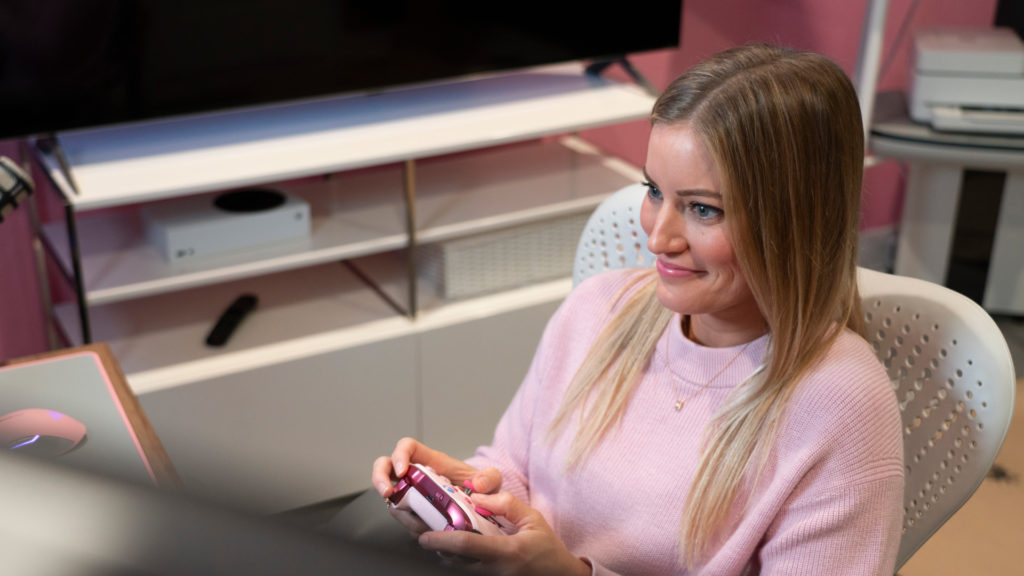
Consider other people’s privacy too
As Justine’s content amassed a following online, people started recognizing her parents in public. Internet commenters talked about her friends after they appeared in her videos.
“I slowly stopped putting them in my videos because I didn’t want them to be judged by random people,” she said. “I’m the one putting myself out there. I don’t want to subject anyone else to this unless they want to be.”
So, be considerate when posting images and sharing information when they involve others – no matter the size of your social media following.
See a content creator out in the wild? Fight the urge to take their picture, unless you have their explicit permission. Justine said people who see her in public sometimes snap her photos then send them to her online. Don’t do that.
“You should just say hi. If you want to take a selfie, it’s cool,” she said. “It’s fun meeting viewers because a lot of [content creators] work in a room with very limited interactions with people who watch their videos.”
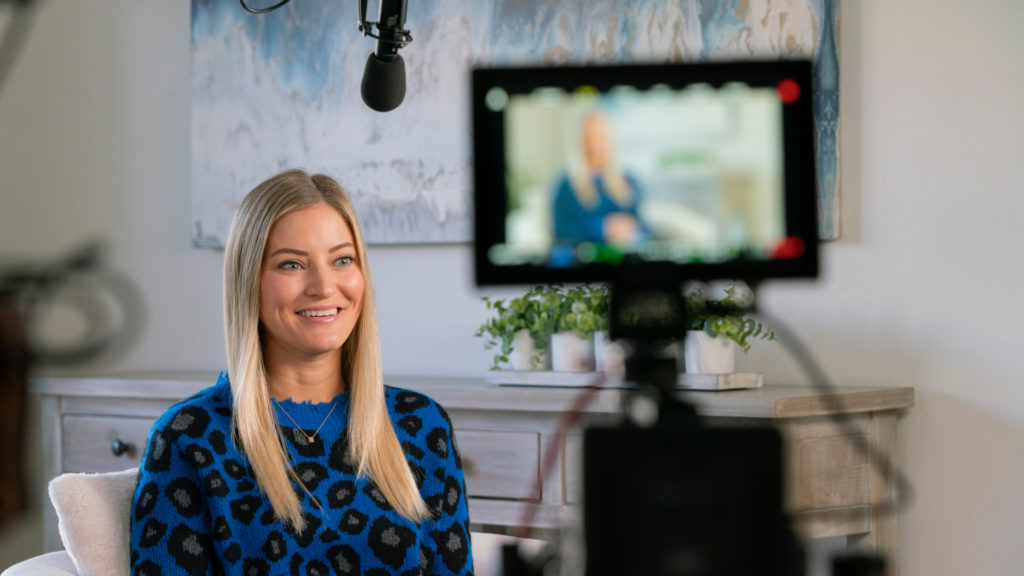
Privacy feels good
When Justine livestreamed her life for six months, she learned a lot about community building watching viewers bond in the chat section. Plus, she didn’t have to grind through hours of editing video. But the end of her lifecasting stint came with relief.
“It was really fun,” Justine said. “But you did kind of have to be ‘on’ and entertaining. It was so physically and mentally exhausting that I didn’t realize how damaging it was at the time. There was a slight trauma of paranoia, thinking that people were still watching me for years after I stopped doing it.”
Later, when she started training in jiujitsu, Justine decided not to share any of it on the internet.
“Having a place to go where no one knew me was a really refreshing thing to do for several years before I ever posted about it online,” Justine said. “It helped train my mindset that you don’t have to post everything. When you’re out doing something, it can just be for you.”
Is it weird taking privacy advice from a self-described oversharer? Maybe. But Justine has pivoted and evolved her way through 17 years of creating online content, all while keeping it cool. A masterclass on how to keep sane on the internet? We’ll subscribe to that.
